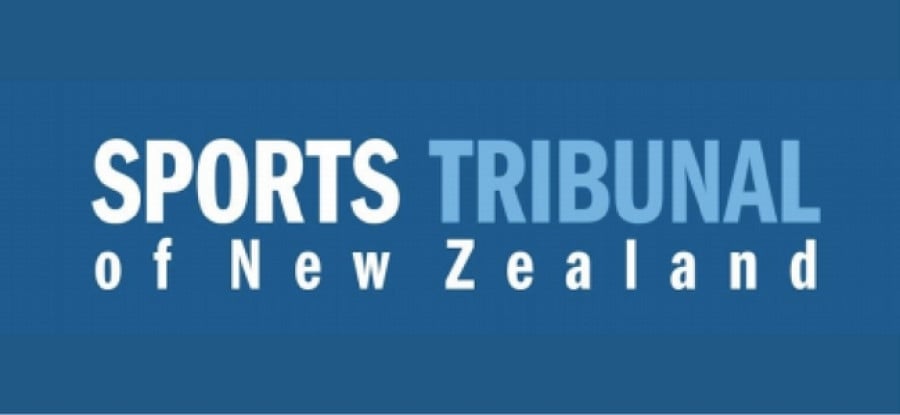Sports Tribunal Decision ST09/17 DFSNZ v Chris Ware
Press Release
8th January 2018
The Sports Tribunal has suspended club cricket player Christopher Ware, for a period of two years for purchasing a prohibited substance, clenbuterol, from an online website NZ Clenbuterol in 2014 and 2015. This is the Tribunal’s fourth such case and there are expected to be many more similar cases arising from Medsafe’s investigation into an online steroid supplier called NZ Clenbuterol, which passed data to Drug Free Sport New Zealand (DFSNZ) relating to athletes who had purchased prohibited drugs online.
Mr Ware, who is now based in the UK, purchased the product because he thought it was a weight loss product as he had gained weight when unable to play cricket or attend the gym because of recurring injuries. Mr Ware has never played first class cricket, never been part of a high performance or drug education programme, nor been drug tested for sport. He stated he did not seek to cheat or enhance his sport performance, and had never intentionally or otherwise taken a prohibited substance.
Mr Ware was provisionally suspended without opposition on 3 November 2017. He admitted the violations but asked to be heard as to the appropriate sanction. Under the sports anti-doping rules, multiple violations are treated as a single violation and the sanction imposed is based on the violation that carries the most severe sanction. For the 2015 violation, attempted use of an anabolic agent such as clenbuterol, the presumptive period of ineligibility is four years, but this period may be reduced to two years, if the athlete can show the violation was not intentional.
The Tribunal accepted Mr Ware’s violation was not intentional based on his evidence, reasons for wanting to purchase clenbuterol, and his lack of knowledge about the substance. As the Tribunal found Mr Ware’s breach was not intentional, the presumptive two year period of ineligibility applied. Mr Ware accepted responsibility for significant fault and did not seek to further reduce the period of ineligibility.
The Tribunal was also asked to backdate the period of commencement to one year prior to the provisional suspension order, namely 3 November 2016. The Tribunal agreed with the analysis of facts from the earlier cases, namely the time which elapsed between the matter initially coming to the attention of DFSNZ in 2015 and the subsequent lengthy investigation process before proceedings were filed against Mr Ware in September 2017. Mr Ware was entitled to some allowance for these delays, and given his timely admission, his two-year period of suspension was backdated to 1 January 2017.
DFSNZ indicated at the hearing that it was reviewing the initial bunch of decisions that had been given by the Tribunal on the clenbuterol situation and by the New Zealand Rugby Union Judicial Committee and for that reason it reserved its position in relation to Mr Ware and would not be presenting its full submissions to the Tribunal. The Tribunal indicated that this was not acceptable and instructed counsel for DFSNZ to present its full submissions which he then did. In a comment in the Decision, the Tribunal has set out the implications of a party on appeal to the Court of Arbitration for Sport expanding its evidence and arguments beyond that presented to the Tribunal. In particular, the Tribunal expressed its concern at the effect on its processes and on an athlete if presentation of a party’s real case is deferred until the appeal stage.
The Tribunal also commented on the fact that it appears that, because amateur or club athletes do not receive the same level of education as to the anti-doping drug regime as elite professional athletes, amateur athletes may more readily establish that they do not have the intention to break anti-doping rules and therefore be treated more favourably than professional athletes. The Tribunal therefore urged clubs and national sports organisations to initiate, with DFSNZ, a greater degree of drug education at all levels of competitive sport.




